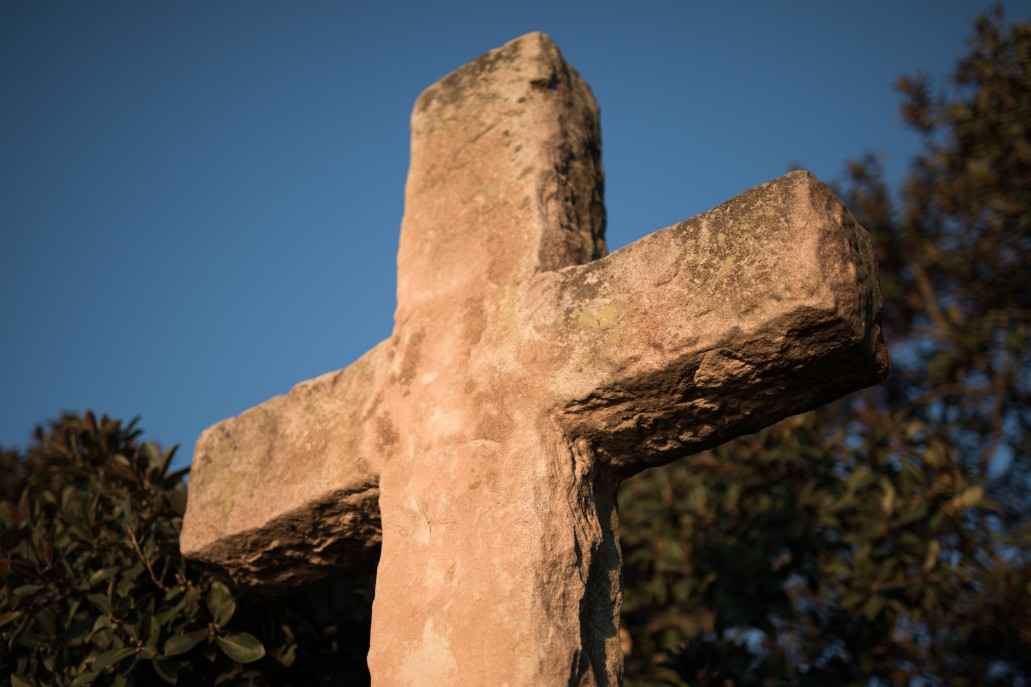On September 28, 2018, Values & Capitalism hosted its fifth annual Fall Summit at AEI’s headquarters in Washington, DC. Each year, Values & Capitalism brings together around 100 students and professors from schools across the country to hear from leading experts and practitioners about the intersection of politics, economics, society, and faith. This year’s conference focused on a few fundamental questions: How should the church engage with the secular world? And how should individual Christians live out their convictions in various spheres of society—including politics, the economy, and the arts?
James K.A. Smith, professor of philosophy at Calvin College, began the day with a high-level discussion about the importance of liturgy in public life. Dr. Smith broke his analysis down into two claims: (1) Politics are liturgical; and (2) The church is political. He explained that liturgies are love-shaping practices that are not only religious, but also political and social. Therefore, we must be aware of how we are shaped, sometimes in unhealthy ways, by our engagement in the liturgies of politics and the secular culture. At the same time, the church must be an institution that tangibly shapes us both for participation in the earthly and heavenly cities—borrowing the paradigm of St. Augustine. After his opening remarks, Elizabeth Corey, director of the honors program at Baylor and Values & Capitalism’s 2018-19 Visiting Professor, joined Smith to lead a conversation about how this theoretical analysis ought to effect our practical lives. One primary theme of this discussion was a cautioning against a retreat from public life. Instead, Smith encouraged Christians to engage actively in politics as long as their “love” of politics is properly ordered.
Next, the conversation turned to the church’s role in the public square. Chelsea Geyer (executive director of DC127), Steven Harris (policy director at the Ethics and Religious Liberty Commission), and Thomas Hinson (pastor of the Church of the Advent) discussed why the institution of the church matters and its role in society. Geyer, Harris, and Hinson agreed that Christians need the institutional church, that it is an essential means of grace for individuals and that is has a necessary social mission. Specifically, Harris argued that a Christian’s fundamental identity must be in Christ, and that political affiliations can be helpful tools, but should never be central identities. Geyer made the point that Christianity cannot be compartmentalized into merely private life, that it must be social and service-oriented—which means it is inherently going to be involved in politics. Hinson ended the panel by reiterating Smith’s argument that Christians cannot opt out of politics, they must be involved.
The focus of the conference then switched to the role of Christianity in culture and the arts. Sarah Moore (founder of Inquiry LLC) led a conversation with Erik Lokkesmoe (owner and producer of Aspiration Entertainment) and Tiffany Thompson (musician and regional director at Gen Next) about being Christians in the arts and media and why it is important for all individuals to realize that they creative in their own way. They encouraged the audience to be thoughtful creators and consumers of art and emphasized that whatever we are creating (whether it is explicitly “Christian” or not), and wherever the creativity is flowing from, the purpose of our art should be to glorify God and His beauty.
Changing gears once again, the next conversation may have been the most engaging and controversial. Elizabeth Bruenig, writer for The Washington Post, and Jay Richards, professor at The Catholic University of America, spoke about how Christians should approach the 21st Century economy. Bruenig, a democratic socialist, and Richards, a free-market conservative, found places of agreement and disagreement on the future of the United States’ economy in a wide-ranging conversation about various economic theories, labor displacement and automation, and how an economy can best enable human flourishing.
The summit ended with a more personal discussion between James K.A. Smith and Kathy Wills Wright, policy adviser of nominations for the Office of Sen. Mitch McConnell (R-KY). Wright shared with the audience about her career in politics, how the various liturgies in her life have influenced her, and the importance of building community with other believers. The conversation provided valuable, practical insights, especially to the many students in the audience considering whether they are called to pursue their own careers in politics and in Washington, DC.
If you are interested in watching segments from the 2018 Values & Capitalism Fall Summit, you can find a full recording of the conference below:
To learn more about opportunities for undergraduate students to get involved with AEI and Values & Capitalism, please visit this link.



